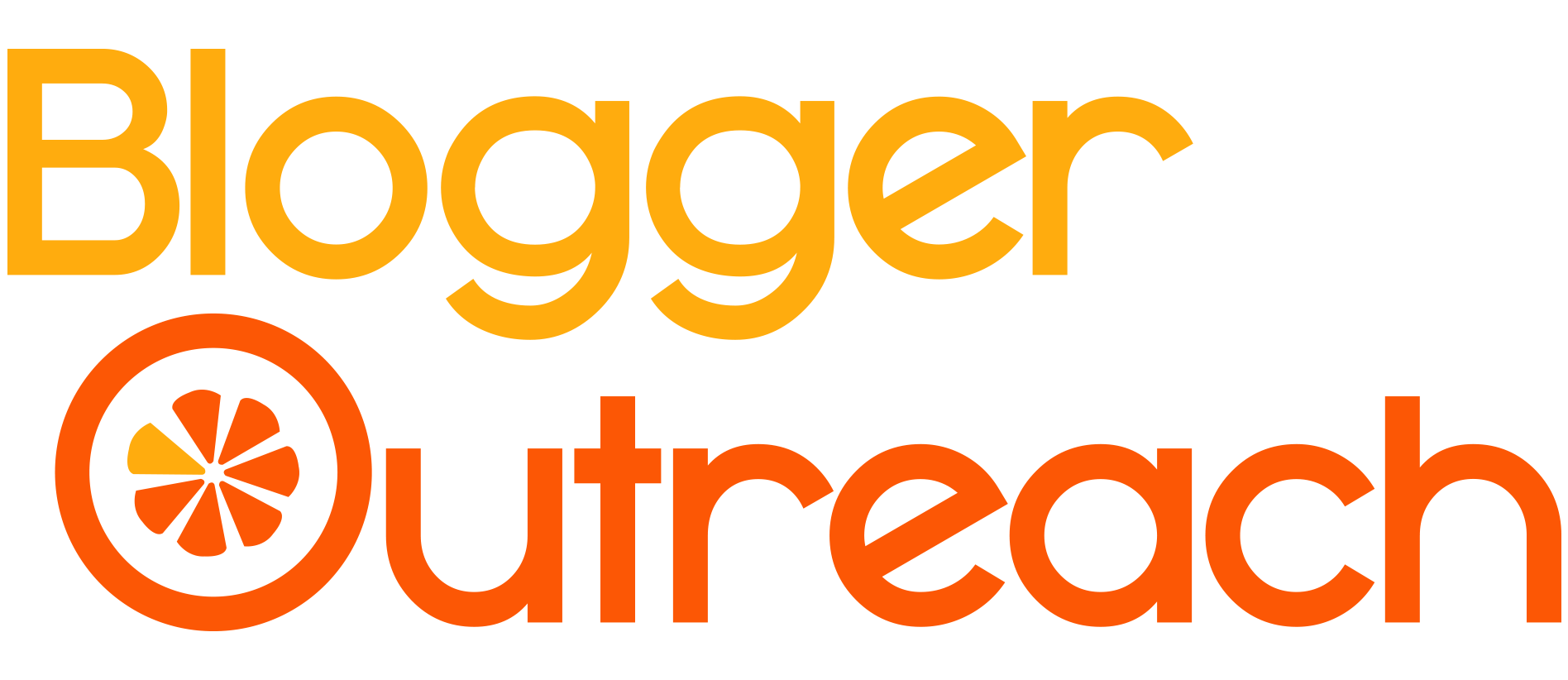Money Blogs Accepting Free Guest Posts
LIST OF TOP MONEY-RELATED BLOGS THAT ACCEPT GUEST POSTS
Below is the list of top money sites that might accept your blog posts for free. Posts and links from these authoritative sites are priceless for traffic and search-engine-optimization, but your post must be of the highest possible quality and adhere to multiple other individual rules.
| Blog | Full Title | HPA | DA | Moz Spam Score | OST | Difficulty | How to Submit Link |
|---|---|---|---|---|---|---|---|
| Inc.com | Everything You Need to Know to Start and Grow Your Business | 73 | 92 | 1 | 3.6 M | Very Hard | Submit Your Guest Post |
| Moneysavingmom.com | Money Saving Mom® | Intentional finance. Intentional family. Intentional business. : Money Saving Mom® | 63 | 66 | 1 | 75.9 K | Moderate | Submit Your Guest Post |
| Politico.com | POLITICO Magazine - Politics, Policy, Opinion and News - POLITICO | 53 | 92 | 1 | 8.6M | Hard | Submit Your Guest Post |
| Womenonbusiness.com | Women on Business | Business Women Expertise, Tips, Advice and More to Build Winning Careers and Brands | 51 | 50 | 0 | 1.7K | Very Hard | Submit Your Guest Post |
| Opendemocracy.net | openDemocracy: Free Thinking for the World | 54 | 78 | 1 | 86.1K | Moderate | Submit Your Guest Post |
| Forbes.com | Forbes | 85 | 95 | 1 | 44.4M | Very Hard | Submit Your Guest Post |
| Howstuffworks.com | How Stuff Works - Learn How Everything Works | 76 | 92 | 1 | 11.9 M | Very Hard | Submit Your Guest Post |
| Term | Explained | Definition |
|---|---|---|
| DA | Domain Authority | Domain Authority (DA) is a search engine ranking score developed by Moz that predicts how well a website will rank on search engine result pages (SERPs). A Domain Authority score ranges from one to 100, with higher scores corresponding to a greater ability to rank. |
| HPA | Home Page Authority | Same Applicable to Home Page |
| OST | Organic Search Traffic | As calculated by SEMrush |
From Wiki:
Money is any item or verifiable record that is generally accepted as payment for goods and services and repayment of debts, such as taxes, in a particular country or socio-economic context. The main functions of money are distinguished as: a medium of exchange, a unit of account, a store of value and sometimes, a standard of deferred payment. Any item or verifiable record that fulfils these functions can be considered as money.
Money is historically an emergent market phenomenon establishing a commodity money, but nearly all contemporary money systems are based on fiat money. Fiat money, like any check or note of debt, is without use value as a physical commodity. It derives its value by being declared by a government to be legal tender; that is, it must be accepted as a form of payment within the boundaries of the country, for "all debts, public and private". Counterfeit money can cause good money to lose its value.
The money supply of a country consists of currency (banknotes and coins) and, depending on the particular definition used, one or more types of bank money (the balances held in checking accounts, savings accounts, and other types of bank accounts). Bank money, which consists only of records (mostly computerized in modern banking), forms by far the largest part of broad money in developed countries.
